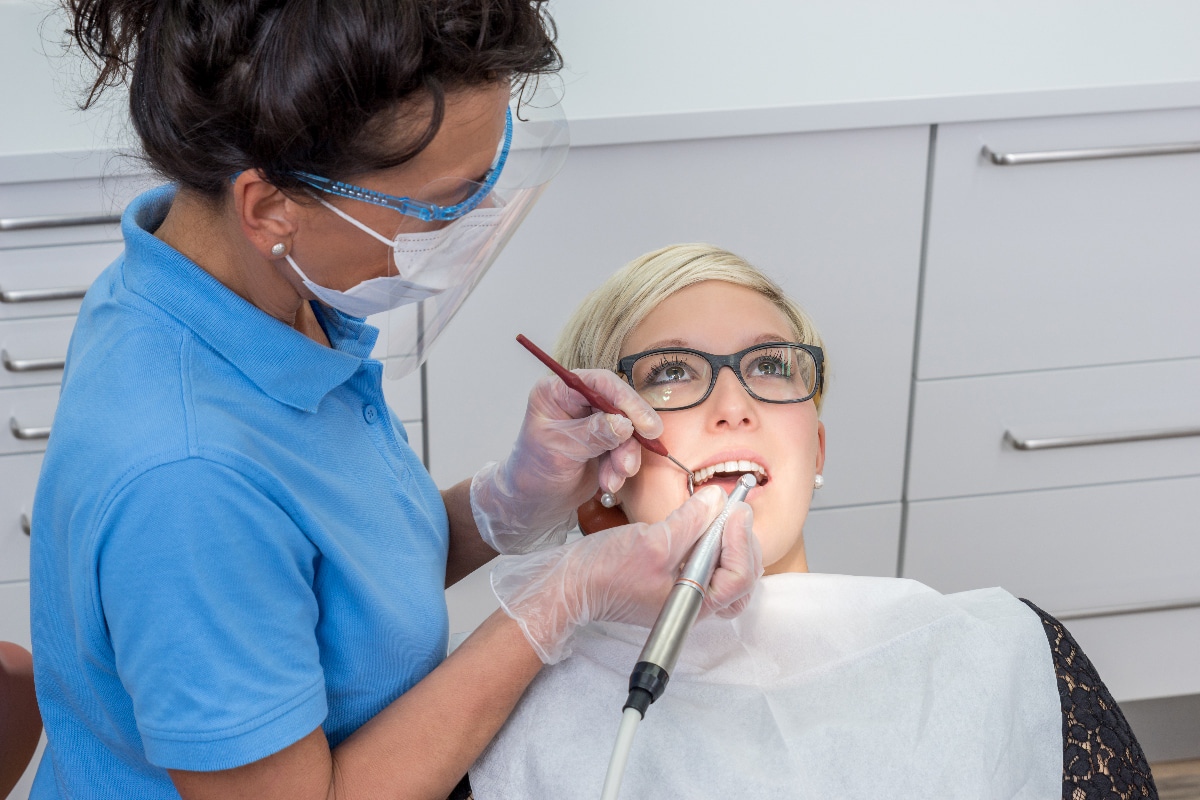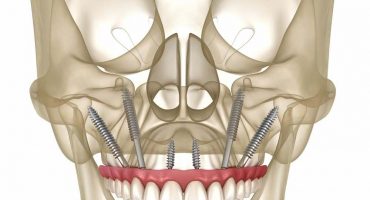Almost every dentist recommends that patients undergo regular professional teeth cleaning. But what exactly does it have on it and is the - mostly paid - treatment make sense at all? Answers to these and many other questions can be found in the following guide.
Overview of this article
- What is a professional tooth cleaning?
- How does a professional tooth cleaning work?
- Why is regular professional teeth cleaning useful?
- For whom are regular professional teeth cleaning particularly important?
- When and how often is a professional tooth cleaning necessary?
- Does a professional tooth cleaning also have disadvantages?
- How much does a professional tooth cleaning cost?
- Implantology: Why should patients with dentures pay particular attention to good oral hygiene?
- Conclusion: a sensible investment!



